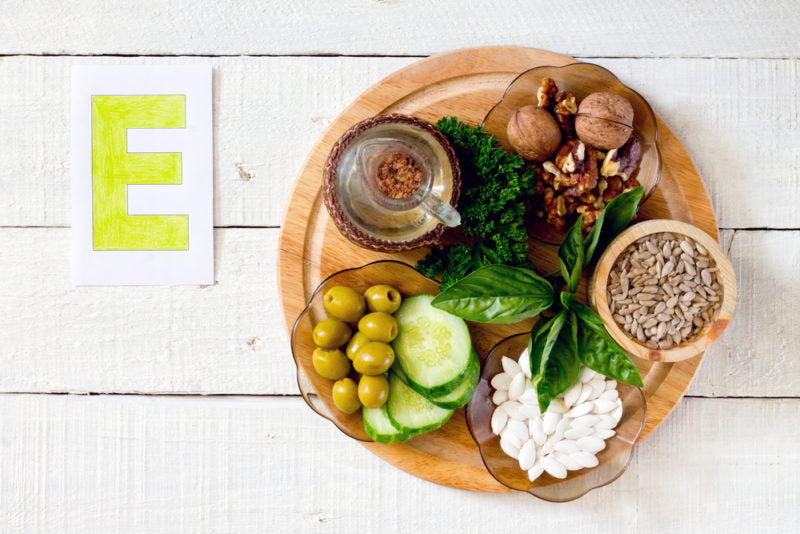Eczema can cause your skin to be red, irritated, dry, and itchy on a regular basis. But what is eczema? Actually, eczema generally shows up in response to an environmental toxin. It's an
autoimmune condition! Think food allergy or a hay fever reaction. So what can you do to reverse eczema? Finding a soothing, natural treatment can make all the difference for those who suffer from this condition.
Here are ten home remedies that reverse eczema:
1. Cool, Wet Compress
A cool, wet compress can help relieve itching for those who suffer from eczema. While this won't reverse eczema, relieving the itching will keep you from scratching. This is an important step to keep inflammation down. However, if the eczema has evolved into blisters, be sure to skip this step. A wet compress can increase the risk of infection when blisters are present.
2. Moisturizer
Dry skin is seen as both a cause and a symptom of eczema. Be sure to moisturize affected areas at least twice a day.
Coconut oil is antibacterial and anti-fungal that can help provide soothing relief. The itchy skin usually comes before the rash, so moisturizing can keep eczema at bay.

3. Light Therapy
The National Eczema Association recommends phototherapy to help calm inflammation, reduce itching, and increase Vitamin D production. Phototherapy can also help fight bacteria on the skin. Also, add 10-15 minutes per day of sun exposure during an eczema flare to help speed healing.
4. Dead Sea Salt Baths
Taking a bath with
salt from the Dead Sea has been shown to improve skin hydration, reduce inflammation, and relieve redness. Make sure the bath water is warm, but not hot. Gently pat the skin with a soft towel instead of rubbing.
Epsom salt baths, high in magnesium, may also help reverse eczema.

5. Licorice Extract
Licorice root extract can be applied topically to help reduce itching caused by eczema. Simply add a few drops to coconut oil and apply to the affected area. Again, less itch may lead to less eczema.
6. Lavender Essential Oil
Anxiety and eczema often go hand in hand. In fact, stress is a strong contributor to any autoimmune condition.
Lavender oil can help reduce anxiety, frustration, and poor sleep caused by eczema. Add 10 drops of lavender oil to 1 tablespoon of coconut oil or almond oil, then gently rub it into the skin.

7. Probiotics
Research has shown that probiotics may help
prevent eczema in infants and decrease the severity of flares. Mothers who take probiotics during pregnancy may help prevent eczema from developing in their children (or reverse eczema for themselves!). Take a high-quality
probiotic during a flare to promote healing.
8. Vitamin E
Vitamin E can help speed healing and reduce inflammation during an eczema flare. Add more
Vitamin E foods to your diet by eating foods such as almonds, spinach, mustard greens, kale, avocado, and papaya. You can also apply Vitamin E topically to help relieve itching and protect against scarring.

9. Witch Hazel
Applying witch hazel on an eczema rash can help promote healing thanks to its anti-inflammatory and antioxidant properties. During an outbreak,
use an alcohol-free witch hazel to dab on your rash. Again, dab but don't rub!
10. Itch Cream
Itching is often one of the worst parts of an eczema flare. Try using a natural,
homemade eczema cream to help soothe itching and irritation. Use shea butter, coconut oil, raw honey, and essential oils to provide relief. Be sure to use a carrier oil for essential oils that may cause skin irritation.
Sources:
Dr. Axe
Global Healing Center
Dr. Axe
NCBI
NCBI
Dr. Axe
NCBI
NCBI
Dr. Axe
National Eczema Association
Wellness Mama








